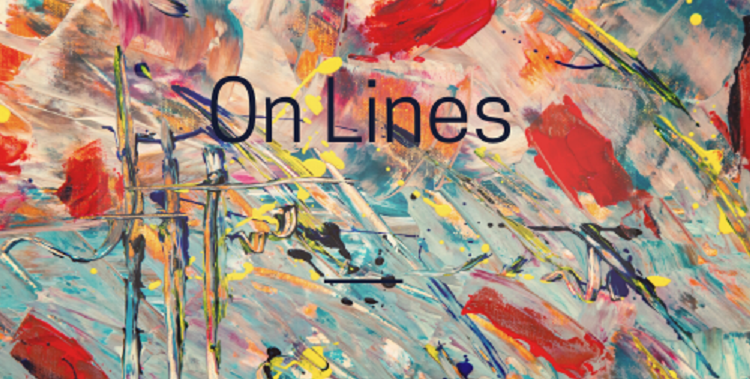Albus McInerney edits a literary magazine.
‘I’m getting a little concerned about the state of the world,’ Dimitri said.
‘Only now?’ Patrice asked. ‘There have been grounds for concern since round about 1914.’
It would be difficult to find two people whose temperament and intellectual method are more different than Dimitri and Patrice.
Dimitri is tall, thin, acerbic and a child of the 1960s who has never quite freed himself from the notion that Jim Morrison might actually have been a half-decent poet.
Patrice is short, round, and anxious, and also a child of the sixties – but he was studying Mao and Marcuse when others were making love not war.
‘It’s got worse since last week,’ Dimitri said, ‘and not just the pandemic – what about the forest fires.’
‘If I may,’ Rami began, in her characteristically courteous way (courtesy not to be confused with timidity), ‘the global state of things isn’t new. In one generation, we’ve experienced war and famine in Africa, and the conflicts have been mostly about who could steal the most.’
‘Very true,’ Kim said, ‘but doesn’t this just highlight the redundancy of art? Poetry isn’t going to put out the forest fires or find a cure for Covid.’
‘I think, perhaps, that’s a problematic line,’ I said. ‘We run a literary magazine.’
‘Two possible responses,’ Patrice said. Patrice has been unusually voluble this week, having gone off-line mid-debate at our last Zoom meeting. ‘The first is that art makes catastrophe more bearable, and the second is that bearing testimony to truth and common sense is especially important in the midst of crisis.’
‘I suppose you have a point, Patrice,’ Dimitri said. ‘The world was already well on the way to hell in a handbasket when Ringo advertised the joys of living in a yellow submarine.’
‘That’s not entirely persuasive,’ Kim said.
‘I think, perhaps, the underlying theme is that great art may be forged in the furnace of misfortune,’ I said. ‘The sixties were bleak as well as swinging – nuclear war being just a hair’s breadth away, and so on.’
True,’ Kim said. ‘Longfellow’s middle years were shattered by the slaughter of the Civil War.’
Kim’s doctoral thesis examined the metrical innovation of late Longfellow. I think everyone should be allowed to trot out their specialist subject from time to time – it makes those years of study seem worthwhile.
‘His response was simple but effective,’ she added, quoting:
Were half the power, that fills the world with terror,
Were half the wealth bestowed on camps and courts,
Given to redeem the human mind from error,
There were no need of arsenals or forts:
‘But how was he on forest fires?’ Dimitri asked, rather dryly.
‘Quite sound, as it happens,’ Kim said, quoting again. ‘“He is the greatest artist, then, / Whether of pencil or of pen, / Who follows Nature.” And he commends the one “who sets his willing feet / In Nature’s footprints, light and fleet, /
And follows fearless where she leads”.’
‘Nature is fickle sometimes,’ Dimitri persisted.
‘It’s only fickle because humans have misbehaved,’ I said. ‘If I remember correctly, Longfellow was sceptical about “cunning alchemists” who tried to replicate the natural world.’
‘The trick, Dimitri, is to remember that catastrophe has been ever with us,’ Patrice remarked – rather unexpectedly, I thought.
‘And famine is more often than not followed by plenty,’ Rami said.
‘If I can slip in another quote,’ Kim said, perhaps gratified to find that her doctoral subject was unexpectedly topical,
‘Turn, turn, my wheel! All life is brief;
What now is bud will soon be leaf,
What now is leaf will soon decay . . .’
‘Not exactly encouraging, though, is it?’ Dimitri said, his low spirits resolutely resisting a collective effort to lighten the mood.
‘Well, think of it in a different way,’ Patrice said. ‘When you find yourself in times of trouble . . . you know . . . Let it be.’
‘Oh Yes, indeed, Dimitri, let it be!’ I agreed with a fervor that may have verged on impatience.
‘Perhaps we could have an issue devoted to Longfellow,’ Rami said.
‘Or the Beatles, maybe,’ Dimitri replied, and for the first time his tone seemed almost on the sunny side.
